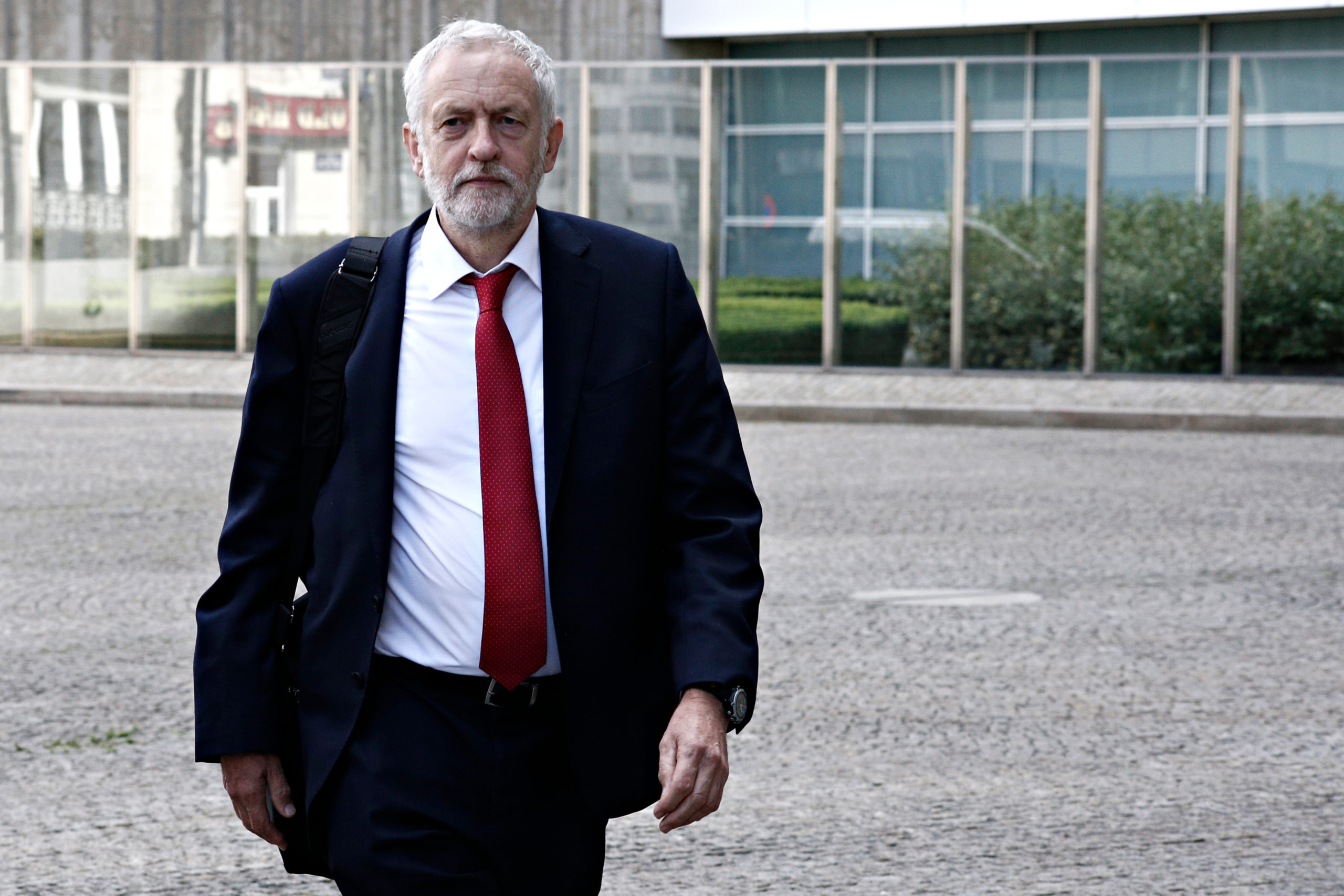All four of the UK’s national security strategies published in the last ten years open with a confirmation that the government’s highest priority is its Hobbesian responsibility to provide security for the nation and its citizens. Moreover, the defence budget is fourth largest in Whitehall, surpassed only by social protection (i.e. benefit payments and state pensions), health and education. However, when it comes to the general election, it is far from clear what the main political parties’ positions actually are. There is an almost a deafening silence on all issues related to defence and security. Indeed, as the graphic below confirms, the BBC News website doesn’t even include defence and security as an issue in its general election policy guide.

Apart from a short flurry of activity on Remembrance Day, most of which was people related, there has been very little debate about defence and security issues; however, now that all of the main political parties have published their manifestoes, at least it is possible to identify where they all formally stand.
General Election Defence Position – Labour
Defence and Security under a Corbyn government has been examined by @onUKDefence in a separate post. The Labour Party was the first of the main parties to publish its manifesto, with defence and security featuring on page 100 of the 107 page document. It commits to spend at least 2% of GDP on defence, although it does not include for how long, and also confirms it will undertake a strategic defence and security review. It pledges to maintain the UK’s commitment to NATO and to increase funding for UN peacekeeping operations to £100 million.
Labour supports the renewal of the nuclear deterrent but confirms its intent actively to lead multilateral efforts to create a nuclear free world. The manifesto affirms Labour’s support to the UK defence industry and includes a commitment to publish a Defence Industrial Strategy White Paper. Finally, and within its first year of government, Labour promises to introduce a War Powers Act, to ensure that no prime minister can bypass Parliament to initiate conventional military action, and confirms its intent to implement every recommendation from the Chilcot Inquiry.
General Election Defence Position – Liberal Democrats
The Liberal Democrats also consign defence and security to the back of its manifesto, with its narrative on ‘A Secure Defence in the 21st Century’ limited to a single short paragraph and seven accompanying bullet points. It commits to the principle of collective self-defence as laid out in the North Atlantic Treaty and also confirms plans to spend 2% of GDP on defence.
Liberal Democrats support the maintenance of a minimum nuclear deterrent, which would be met through the procurement of three, rather than four, submarines under the Dreadnought programme. It also recognises the expansion of warfare into the cybersphere and pledges to invest in capability to counter cyberattacks. Finally, the Liberal Democrats would also introduce legislation to ensure there is a parliamentary vote before the UK engages in military action, except in emergencies or under treaty obligations.
General Election Defence Position – Conservatives
The Conservative Party manifesto includes defence and security aspects in its penultimate section titled ‘We will Strengthen Britain in the World’. However, its detail on national security is the sparsest of all three main parties. Therein, it confirms that a Conservative government would continue to exceed the NATO target of spending 2% of GDP on defence and would also increase the defence budget by at least 0.5% above inflation for every year of the new Parliament. It also confirms its intent to maintain the nuclear deterrent, invest more in cybersecurity and to establish the UK’s first Space Command. Finally, it asserts its support to the UK’s ‘world class’ defence industry.
General Election Defence Position – Minor Parties
Of the minor parties, the Green Party’s manifesto includes little detail on defence and security. There is no spending commitment for defence; however, it would cancel Trident and withdraw all nuclear-powered submarines from service. It also confirms its intent to replace the Ministry of Defence with a Ministry for Security and Peace, with the responsibilities of the ‘defence services’ re-directed to defending environments around the world from the effects of ‘climate chaos’.
The Brexit Party’s contract pledges simply to ensure that the UK maintains its commitment to NATO and spend 2% of GDP on defence as an ‘absolute minimum’. Plaid Cymru’s manifesto contains no specific defence and security commitments and, at time of writing the Scottish National Party had yet to publish its own manifesto, although its commitment to remove nuclear weapons from Scotland is well documented.
Summary
In summary, therefore, Labour, the Liberal Democrats and the Conservatives are, on paper at least, reasonably close in their respective positions on defence and security. All are committed to spending at least 2% of GDP on defence, but only the Conservative Party has been explicit that this would be for the life of the next Parliament. All three would maintain the nation’s NATO obligations and retain the UK’s independent nuclear deterrent, although the Liberal Democrats would seek to reduce its cost by not maintaining a continuous at sea presence.
Finally, the Labour Party is the only one of the main parties to confirm its intent to undertaking a strategic defence and security review. That said, it will be interesting to see if positions change in the event of a hung Parliament, and in particular, whether the Labour Party is willing to change its stance on the nuclear deterrent, which the SNP has confirmed would be one of the key demands to gain its support in the event of a minority Labour government.






